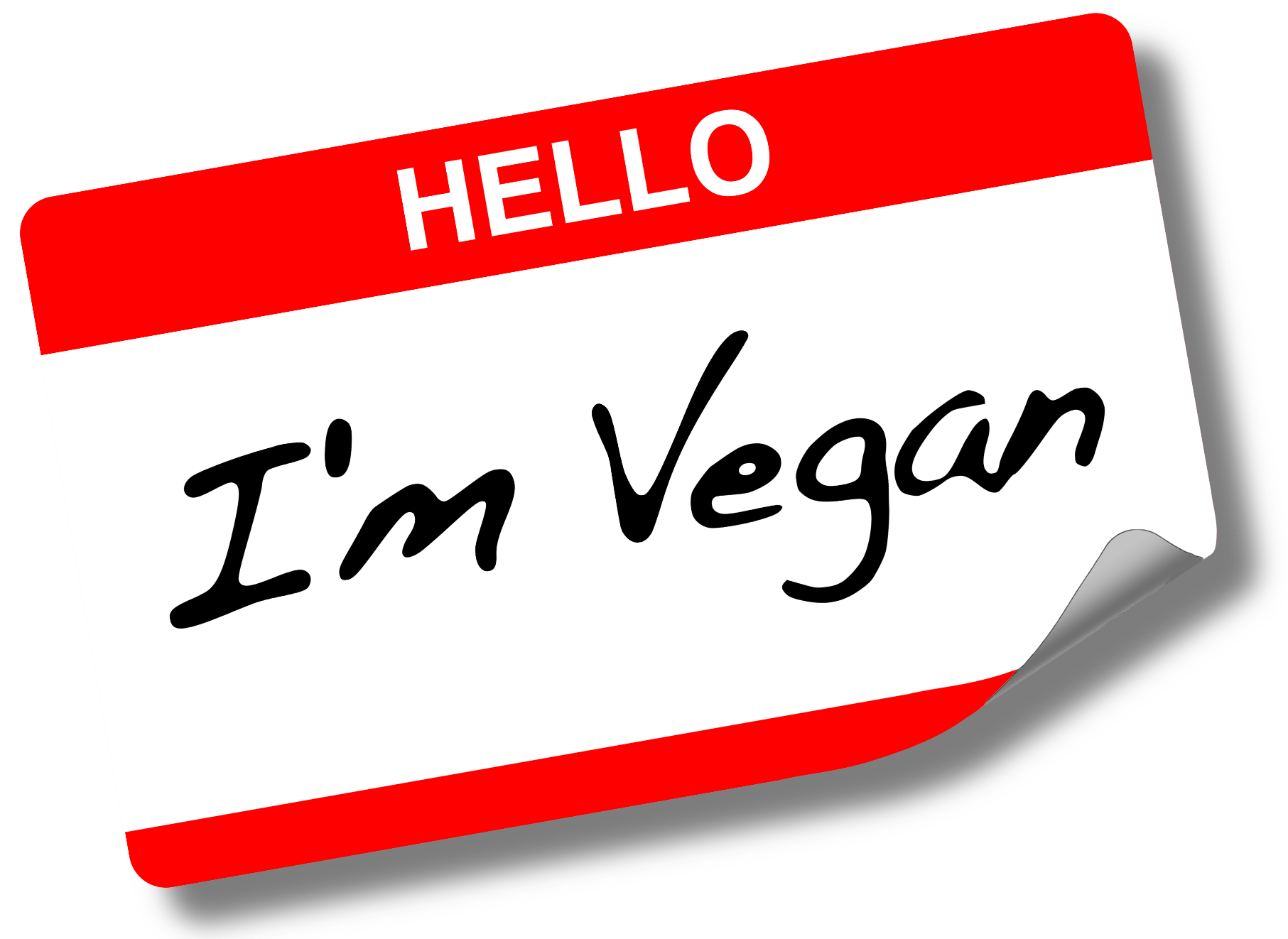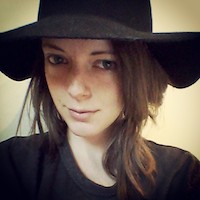“You are what you eat,” the old saying goes.
I beg to differ.
I am not saying diet doesn’t have powerful effects on a person’s body and mind. It clearly can have such effects. The connection between diet and countless health problems, from heart disease to depression, has been well established. I’m also not advocating the abolition of diet plans, be they vegan, vegetarian, gluten-free, paleo or any other diet.
What I’m asking is that we please, please, stop the incessant labeling!
Don’t get me wrong, I appreciate the labels on food when I’m shopping. I appreciate being able to know that what I’m buying does not contain something I’m allergic or intolerant to. I appreciate knowing when something is fair trade or made without harming animals. But can we leave the labels there and stop putting them on people? Please, let’s stop wrapping our identities up in our food!
I’ve called myself vegetarian in the past, I even identified as a vegan for a while. But now I don’t call myself anything, and honestly, I’m a lot happier.
I eat what makes me healthy, I don’t eat what makes me sick. But I don’t label myself according to what I eat anymore. Somewhere along the line, I got frustrated with all the classification.
Labels can be oddly seductive. For me, I wanted to be a vegan because I thought it would make me healthy, but more than that, I would be right. We probably all know at least one person, be they paleo, vegetarian or vegan who thinks the way I once did. They’re the vegans who shame you for putting honey in your tea, the vegetarians who remind you at every chance that they haven’t eaten an animal in years, and the paleos who imply that if you only gave up bread all your problems would evaporate.
At first, I confused being vegan with being my healthiest self. It’s much easier to follow a diet plan that is written out with foods organized into piles of “good” and “bad,” than to accept what my body really needed.
My obsession with “achieving” veganism blinded me, and became a barrier between my mind and body. I stopped listening to the signals my body was sending me, about what it needed and what made it feel good, in favor of feeding that sense of pride I was getting from “being a vegan.”
My health and my relationships with other people began to suffer as a result. Until I finally realized something: There’s no one perfect way to eat.
Furthermore, there’s no such thing as perfect. As someone who falls into the perfectionist trap fairly often, I eventually had to confront the true reason I wanted to be vegan. I wanted to be a vegan. I wanted the identity. I wanted validation, and recognition.
I wanted to be vegan to feed my ego, not my body. I thought being vegan was the “right” way to be, but it wasn’t working for me. And that was really hard to admit, because my ego and identity had been bound to that word.
I began to notice the divisiveness that can come from self—identifying as “vegan” or “paleo” or any other diet, when I was working in a chiropractic office that was also a weight-loss clinic.
I would overhear patients’ conversations with each other, often centering on what they ate. There were vegans and vegetarians at my office, but it was mostly dominated by paleos.
When people find a diet that works for them and helps them feel good, they’re often excited about it and want to share. Those who are searching for one, are eager to hear. But I would notice a lot of sad faces at the end of some of these conversations. Everyone there wanted the same thing: to be healthy. But no matter how wonderful one diet was for one person, it didn’t mean it was going to work for the person next to them.
Often I would hear these people complain that the diet in question was out of their reach financially. Or sometimes I’d hear people say they actually felt worse after trying a new diet.
That’s when I realized, there is no “one size fits all” when it comes to food choices. In the words of Immortal Technique, in his song Beef and Broccoli, “expecting everyone to adopt your particular idea of what being healthy is, is just preposterous.”
When we feed our egos, we rarely get what we really want.
The ego tells us that we are individuals, that we’re separate from each other. The ego loves labels because they reinforce that sense of separateness.
When we label ourselves, we create divisions. We create a sense of “us” and “them,” which can very easily be corrupted into a hierarchy, where some of “us,” are better than some of “them.” But this distinction is fundamentally false.
We are all one community and we have come into this world to help one another.
When I humbled myself and started thinking of “vegan” as a property of food, not a property of people, or of myself, it was liberating.
We don’t get super-powers when we become vegan, like Ramona’s vegan ex-boyfriend in Scott Pilgrim vs. the World, and nothing of real value is lost when we give up that label.
When I gave up my attachment to that label as my identity, it didn’t mean I gave up a commitment to living a healthy and kind life. It let me do those things even better. It let me feel deeply connected with my real self, and with other people.
We can eat vegan, or paleo or vegetarian. We can promote health and kindness and well-being.
We can do all of this without tying our identities to our diets.
Let’s eat to feed our bodies, our minds, our spirits and our connections with each other. Eat with love, compassion and zeal. But let’s stop feeding our egos and stop feeding the divisions that come with all this labeling.
Love elephant and want to go steady?
Sign up for our (curated) daily and weekly newsletters!
Editorial Assistant: Kathryn Muyskens/Editor: Rachel Nussbaum
Photo: elephant journal Archives












Read 4 comments and reply